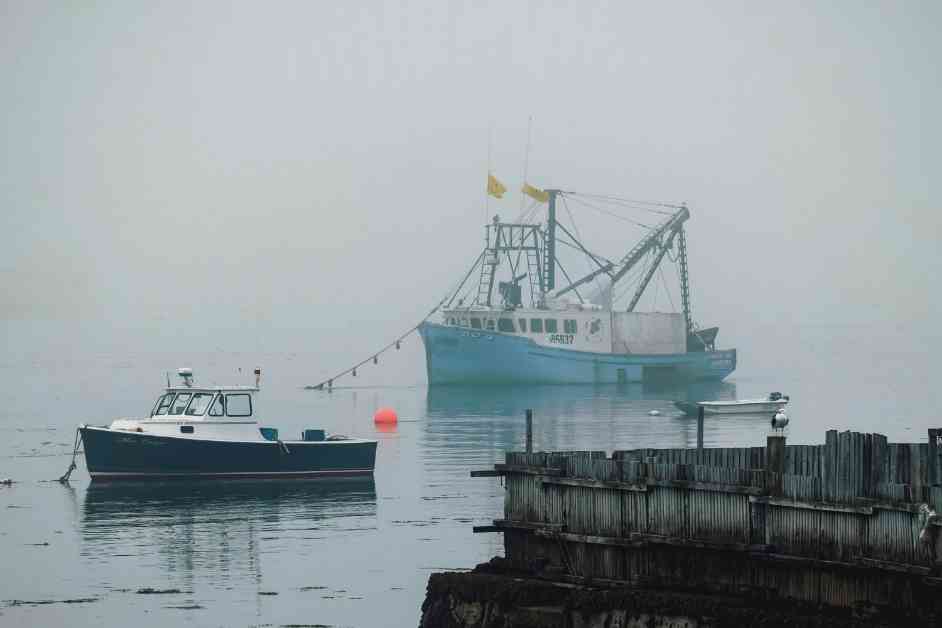Seafood is a big deal in New England. It brings in a lot of money for the communities near the coast, but it also creates a lot of waste. Right now, all that waste, like crab and lobster shells, just ends up in landfills where it breaks down slowly and releases harmful gases into the air.
Researchers in New England are trying to find a better way to deal with this waste. Mingyu Qiao and Yangchao Luo, both professors in the Department of Nutritional Sciences, are working on a project to turn seafood waste and algae into eco-friendly, biodegradable packaging. They have published several articles on this topic in various scientific journals.
Plastic packaging is a major source of pollution in the world. Single-use plastics often end up in the ocean where they harm sea life. Microplastics, tiny bits of plastic, have even been found in human bodies, posing a risk to human health. Plastics also contain harmful chemicals like PFAS, which can leach into our food and cause health problems.
Qiao and Luo’s research aims to tackle the problem of waste from both seafood and plastics. They are working with natural polymers that are safer for humans, animals, and the environment. These polymers can break down easily in the ocean since they come from natural sources.
Luo is focusing on using compounds from crab and lobster shells to create packaging materials. They are developing a green extraction method that uses microorganisms to break down the waste and extract the polymers in a sustainable way. They are also working with a lobster processing company in Massachusetts to implement this method on a larger scale.
Qiao is working with alginate, a compound found in algae, to create edible coatings for food. By coating produce like strawberries with alginate, they hope to increase shelf life without the need for plastic packaging. This technology could have a significant impact on reducing plastic waste in the food industry.
The researchers are also collaborating with local seaweed farmers to commercialize this technology. A postdoctoral researcher in Qiao’s lab has even started a company to develop and market these eco-friendly solutions. This research is not just theoretical – there is real commercial interest in these innovations.
Overall, this work aligns with the university’s focus on sustainable agriculture, climate resilience, and public health. By finding new uses for seafood waste and algae, Qiao and Luo are paving the way for a more environmentally friendly future.
